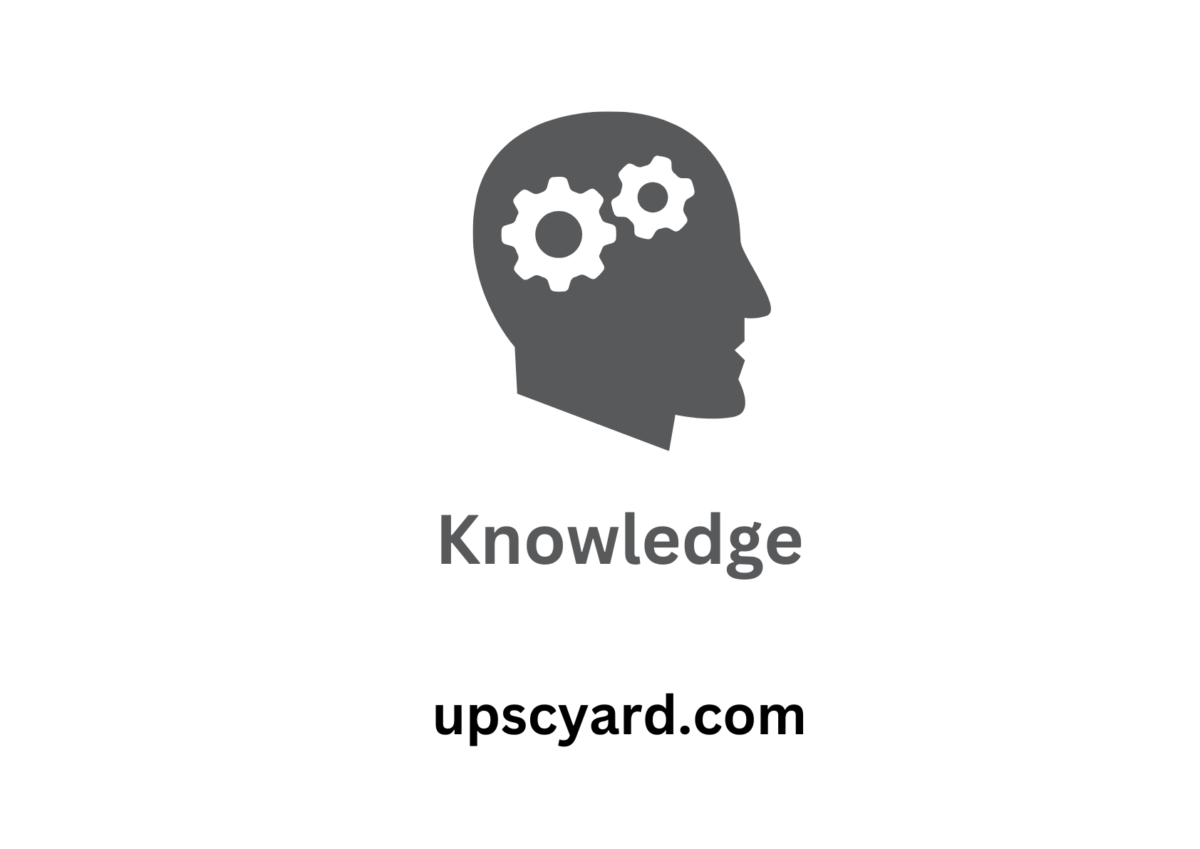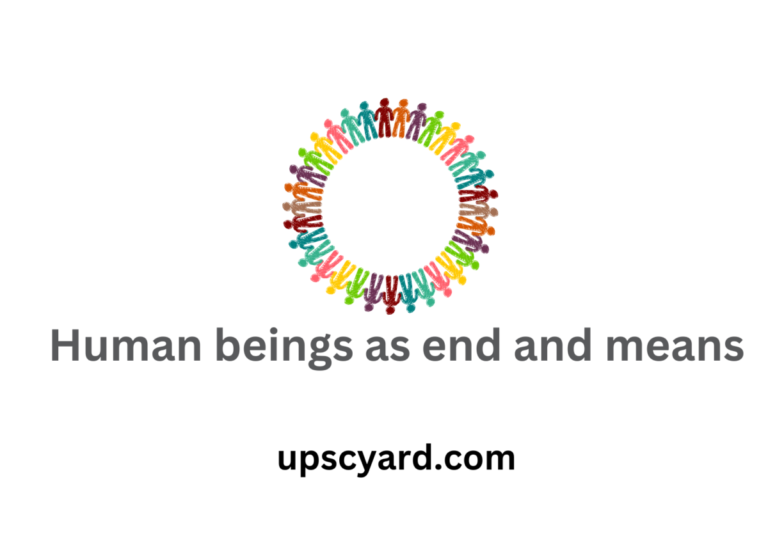Knowledge
“Integrity without knowledge is like a ship without a compass, Knowledge without integrity is like a weapon without a conscience.” – Samuel Johnson
Samuel Johnson’s timeless statement on integrity and knowledge continues to resonate in our modern world. The dynamic interplay between these qualities is vital for personal growth and societal advancement. Integrity, characterized by honesty, accountability, and ethical behavior, serves as a moral compass guiding the application of knowledge. In turn, knowledge empowers individuals to address challenges and find solutions, amplifying the impact of their integrity.
In today’s technologically advanced era, information is easily accessible, making knowledge more attainable. However, cultivating and upholding integrity remains a significant challenge. Ethical use of knowledge is critical in fields like nuclear technology, cybersecurity, and digital innovation. Without integrity, the outcomes can be perilous, resulting in potential harm to society.
On the other hand, integrity alone is insufficient for individual progress or societal development. In areas with limited education and awareness, individuals of high integrity may still face exploitation by those with knowledge. The fusion of knowledge and integrity is indispensable, as knowledge equips individuals with skills and comprehension to navigate complexities, while integrity ensures the ethical application of that knowledge for the greater good. Together, these traits enable meaningful contributions and empower individuals to effectively address challenges in all aspects of life.
In conclusion, the inseparable bond between integrity and knowledge remains relevant in various domains. Upholding integrity while acquiring and utilizing knowledge leads to personal fulfillment, societal advancement, and the prevention of adverse consequences. It is imperative for individuals to commit to using their knowledge with integrity, embracing the responsibility to make positive and ethical contributions to their communities and the world at large.
key points
- The concept of “knowledge” embraces diverse states of cognitive achievement, which may vary in their distinctions across different languages.
- In the English language, “knowledge” can be translated into various terms in other languages, like “connaitre” or “savoir” in French, and “cognitio” or “scientia” in Latin.
- However, comprehending the specific forms of cognitive success goes beyond linguistic analysis and requires understanding the underlying concepts that transcend language barriers.
- This section offers a concise overview of different types of cognitive success related to the term “knowledge” in English, without implying that these types are all subcategories of a unified class.
- Certain philosophers propose a broader category, “awareness,” encompassing various forms of knowledge and providing an explanatory framework to grasp their essence.




